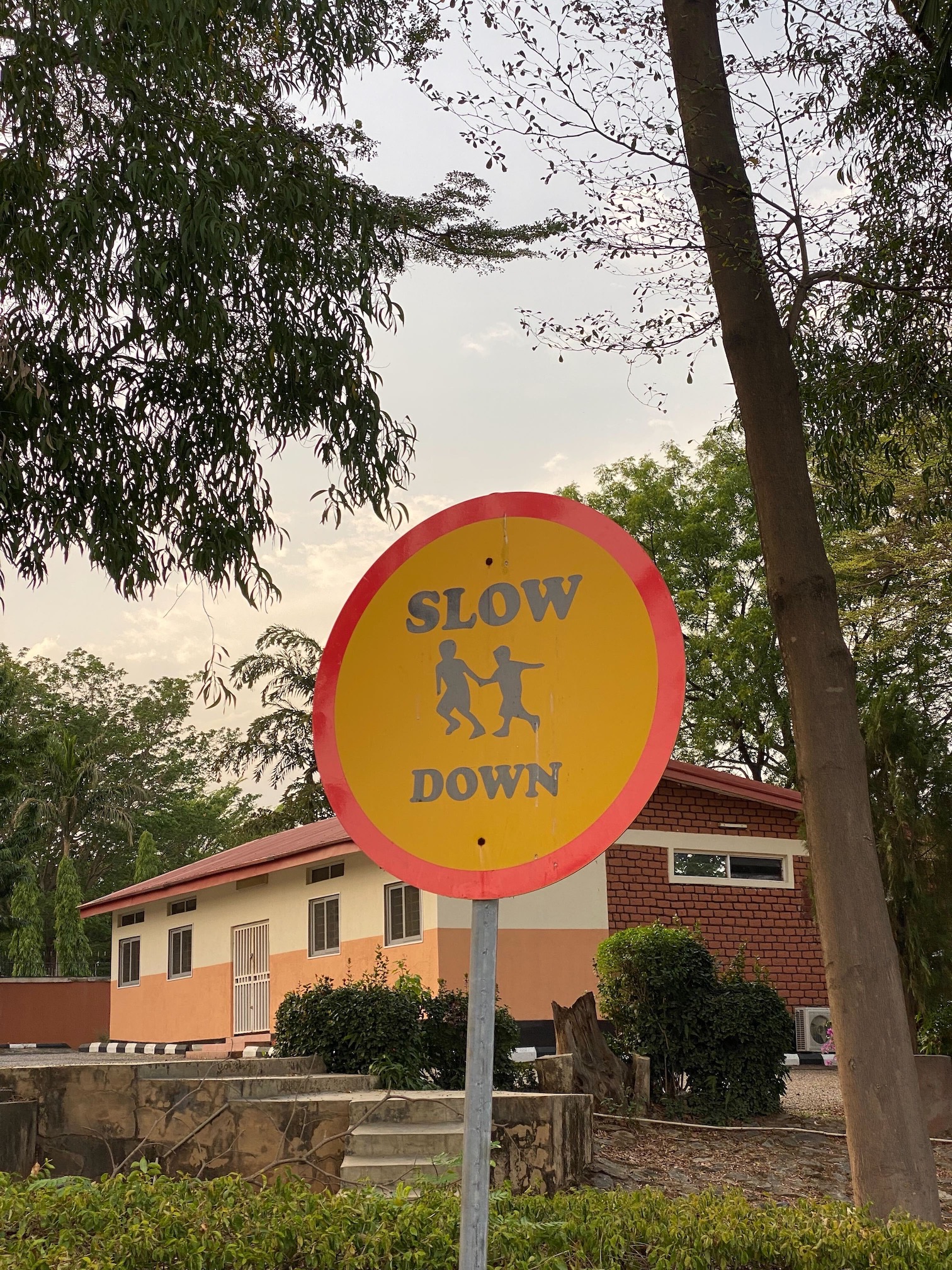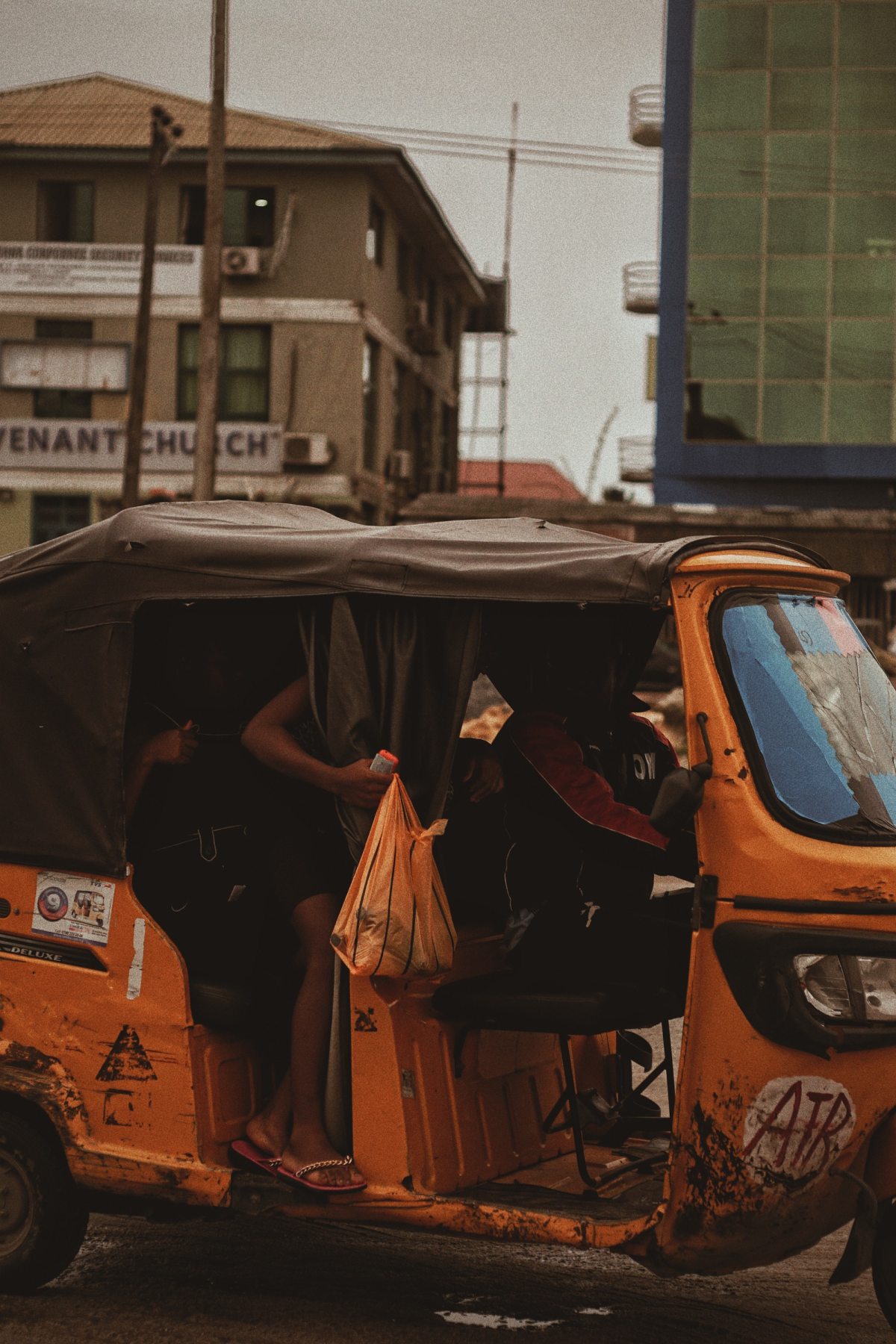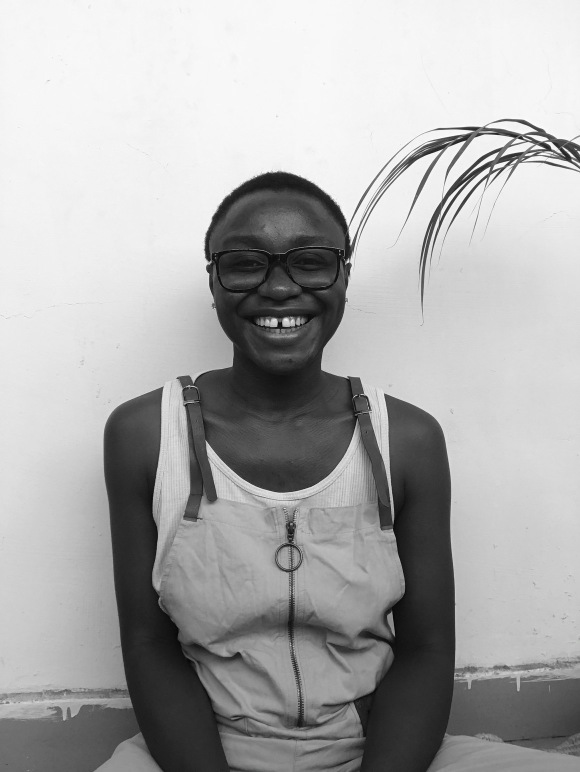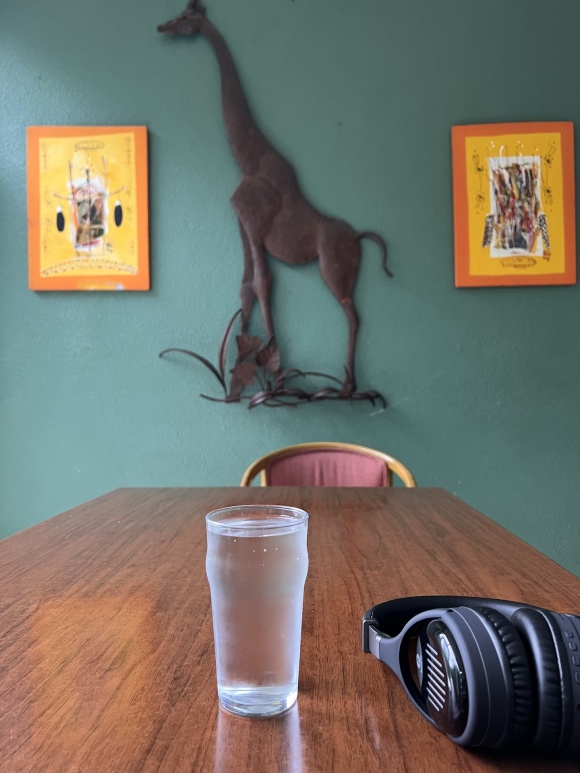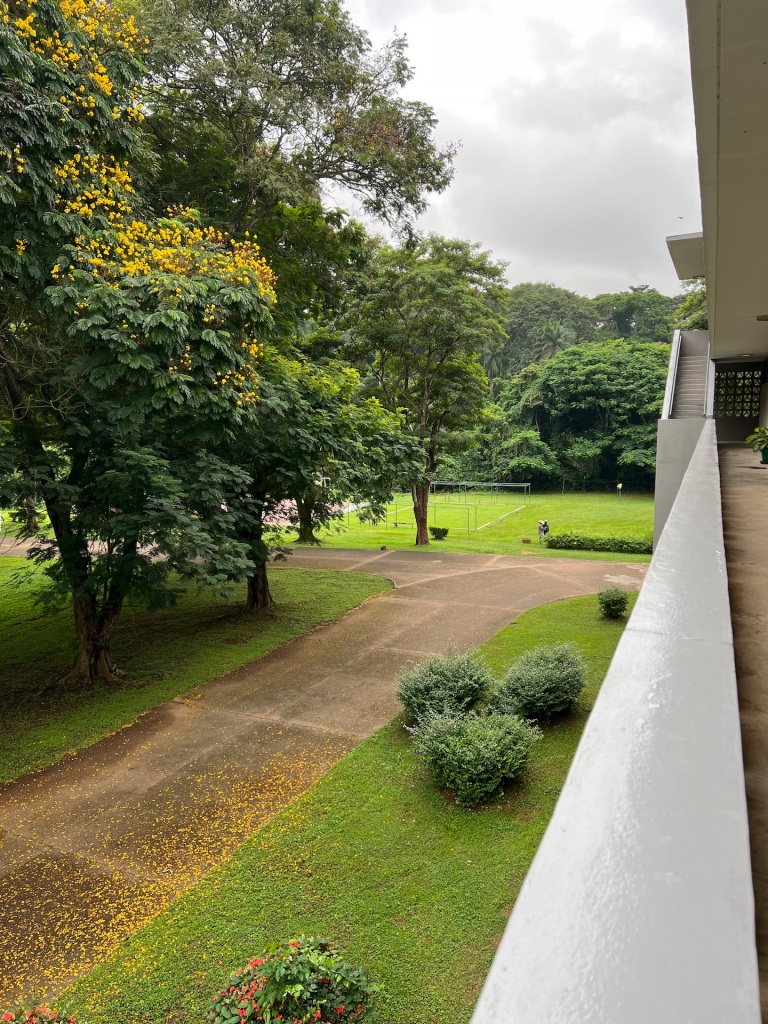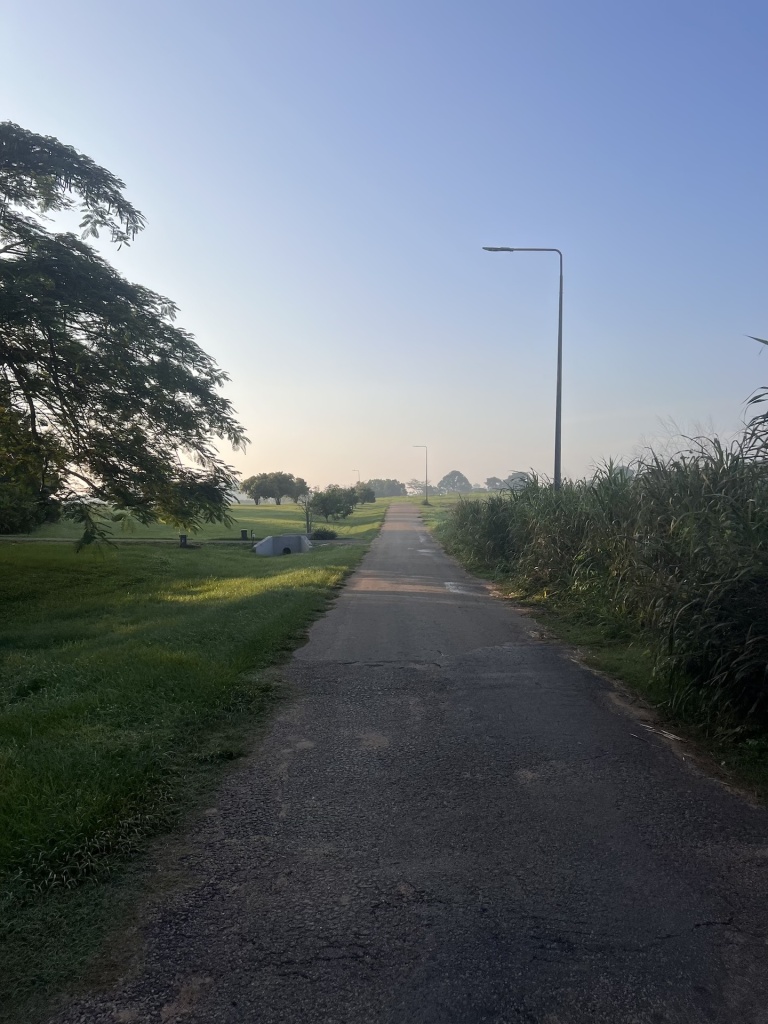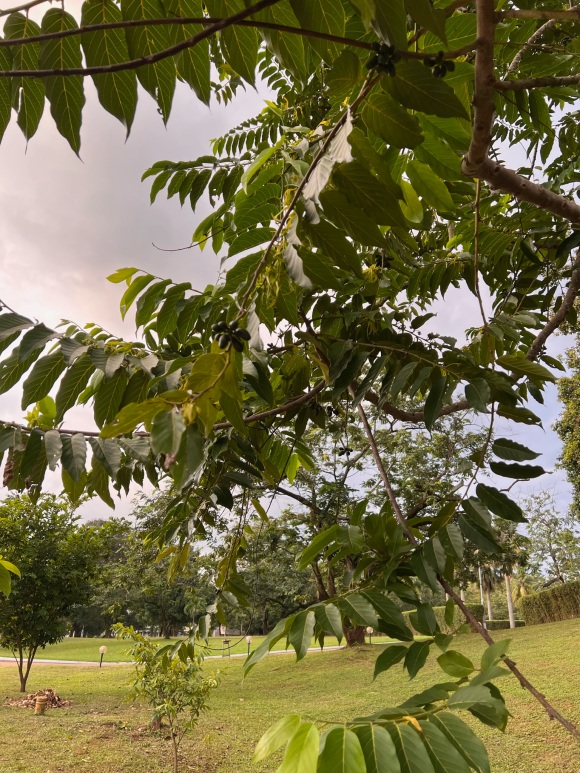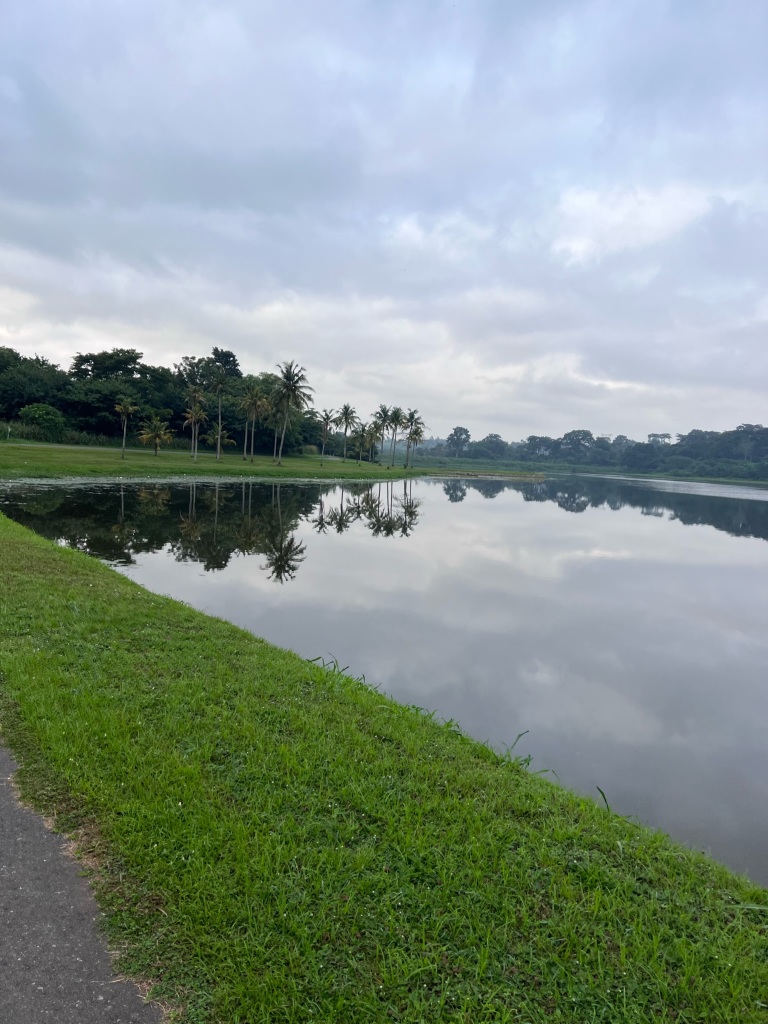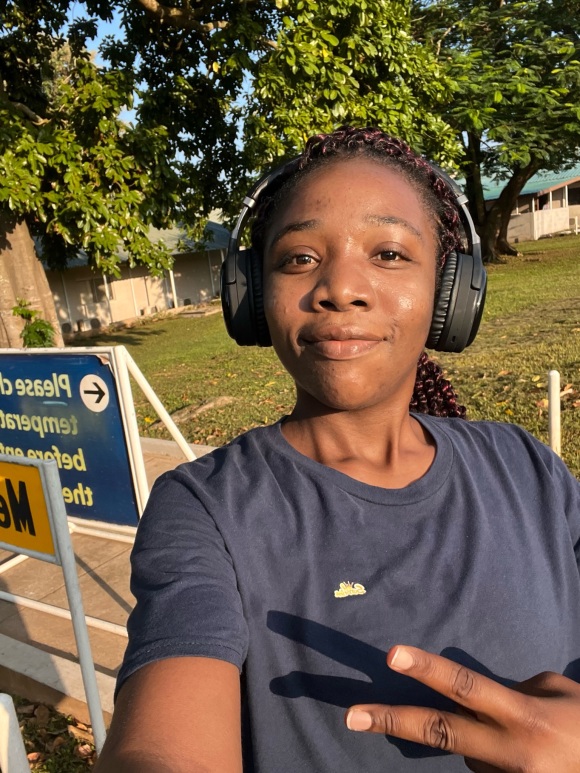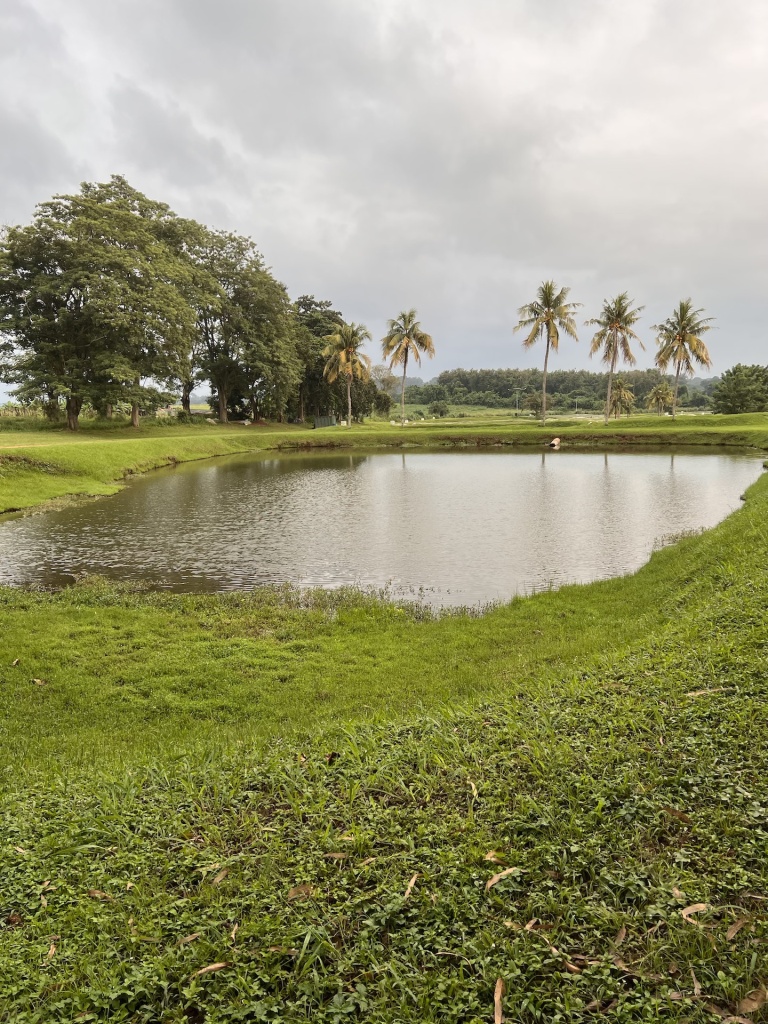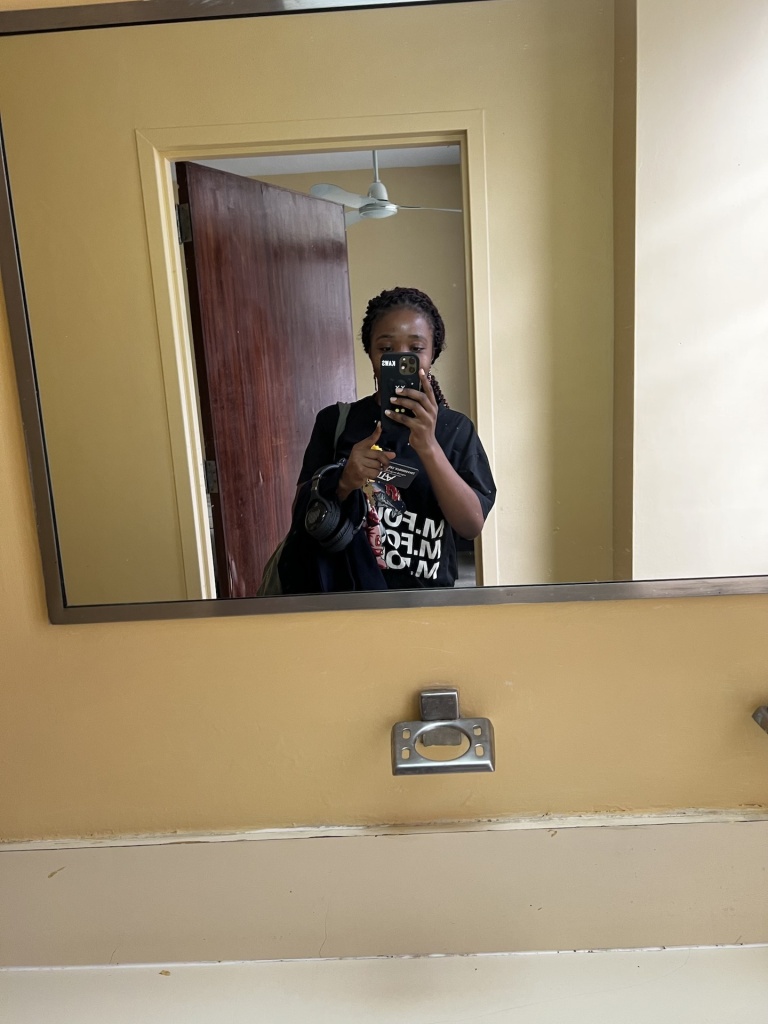Last December was a myriad of events, as we were all exhausted from the spike in ridesharing fees, congested traffic, and fuel shortage. On this day, we walked a long distance from our house to catch a bus at the junction and then walked even further from the bus stop to the hospital because it was during this time that my brother was ill. After seeing the good doctor, we walked a good kilometre to reach the next bus stop, and it was here that we encountered what was going to be our fate for the next few minutes.
A keke driver appeared, as if by magic, with one passenger on board.
“Ojota!” we screamed in excitement, as it was almost too good to be true. Other buses that had gone by either needed only one passenger or none at all and many people were waiting at the bus stop. We were already on our way from the bus stop as we’d resolved to continue the journey on foot or if we were lucky, we’d find a suitable vehicle to take the four of us. We quickly got in as the vehicle slowed down. “Wole, (Enter)” the driver screamed in pidgin. “Enter sharp sharp, dem dey arrest keke for here! (Enter quickly, they’re arresting keke drivers here)”
We jumped in. My brother Newman and I got into the keke, followed by Bobo, who took the front seat. However, another passenger was already in the vehicle, and the seats were not going to be enough for all of us. The driver, acting as if he was in a hurry, instructed my younger brother Neche to sit on Newman’s lap. The driver had previously apologised for the inconvenience caused by the extra passenger, saying that the man would come down ‘up there.’
In horror, I blurted to the driver. “He’s sick, he can’t carry him.” I didn’t realise what I had said until the driver retorted in pidgin: “how I wan take know? My own na mek him enter, mek we dey go. (How could I have known? I’m only interested in moving this vehicle).“
Of course, how could the driver have known that we were just coming from the hospital?
Newman lapped Neche, and laughter bubbled up from within me, as I shook my head at my own silliness.
“Na true, you for no know. (That’s true. You couldn’t have known)” I responded in a voice that sounded almost like a whisper, in pidgin.
This was me in my element, surrounded by family, full of excitement, and almost forgetting to breathe.
After about two minutes, which felt like ten minutes, I heard the driver ask Newman for a rag behind him. I turned to look at the rag and noticed how dirty it was and wondered if I had my hand sanitiser in my tote bag.
But that was not what Newman was thinking. In fact, I was not privy to Newman’s thoughts until we got off the keke. The events that followed seemed like something that happened in movies. Because I later found out that Newman reached into his right pocket, pulled out his phone, and held it in his other hand before grabbing the rag for the driver from the booth.
Just before reaching the Coca-Cola roundabout at Alausa, the driver suddenly became manic. “Na for that hill I go drop una. I no dey reach Ojota bus stop o. If una want, I go drop una for here, give you change. (I will drop you people at that hill. I’m not getting to Ojota. If you want, I will stop here and give you your change.” In a calm voice, still oblivious of what had happened or was happening, I asked, “Which hill? I’m sure we can get off there.” Neche started to add in Igbo, “Ify, do you know that place where…”
Out of the blue, I heard Newman say in his calmest voice, “Ifunanya, don’t argue. Listen to me. Collect the change and let’s get off here.”
The manner in which Newman spoke caught my attention, and I listened without arguing, which was unusual for me, as I would typically argue with my brother. But, oh well, he called my full name, and anytime he does that, he means business.
We took the change and got out of the keke. The driver then quickly drove away with the other passenger.
Newman explained what happened then. The driver had used an “old scope” to try to distract him. When the driver asked Newman to grab the rag from behind him, the thought was that this would cause Newman to turn and thus be momentarily distracted, which would allow the other passenger the opportunity to try and steal Newman’s phone by slipping his hand into Newman’s pocket. However, Newman was alert and had noticed the passenger’s attempt to steal his phone because the phone was nearly half an inch away from his pocket then. The driver and his accomplice didn’t expect that Newman was familiar with the scope as pickpockets had tried this tactic on him in the past.
Then he asked. “Did you notice that the passenger was still in the keke even though the driver had said he was going to drop soon?”
This experience with my brother was another crucial step in my ongoing journey towards mindfulness. For days, I would reflect on this experience, as I had been oblivious of this side of my brother. As I applaud his ability to slow down in that moment of need, I also recognize how difficult it can be to stay present.
Last year, I became a member of Akanka Spaces—an intentional community of people focused on nurturing a mindset of love, backed by the framework of intention. This framework teaches that everything begins with slowing down, followed by gratitude and responsibility. Adopting this mindset has helped me become more intentional in my life, allowing me to approach situations with a greater sense of purpose and understanding.
Sometimes, we are fully aware of a moment, and other times, we only realise it when someone or something calls our attention to the present, and I wonder how many of such times I have failed to recognise such moments. My answer is ‘probably a lot of times.’
A lot of times, I find myself acting impulsively and absent-mindedly. Much to my detriment, this happens more often than I am proud to admit.
If we can slow down to be present in the moment, we can catch these moments before they slip away. Otherwise, we may find ourselves acting in ways that we may later regret.
Awareness of these moments is a rare gift, and my brother’s actions served as a powerful reminder of its importance.
Since that day, I have made a conscious effort to be more present in my interactions with friends and family. I have discovered that by slowing down to pay attention and be aware of the moment, I can better understand and support the people around me. This awareness has not only enriched my relationships, but it has also allowed me to grow as an individual.

